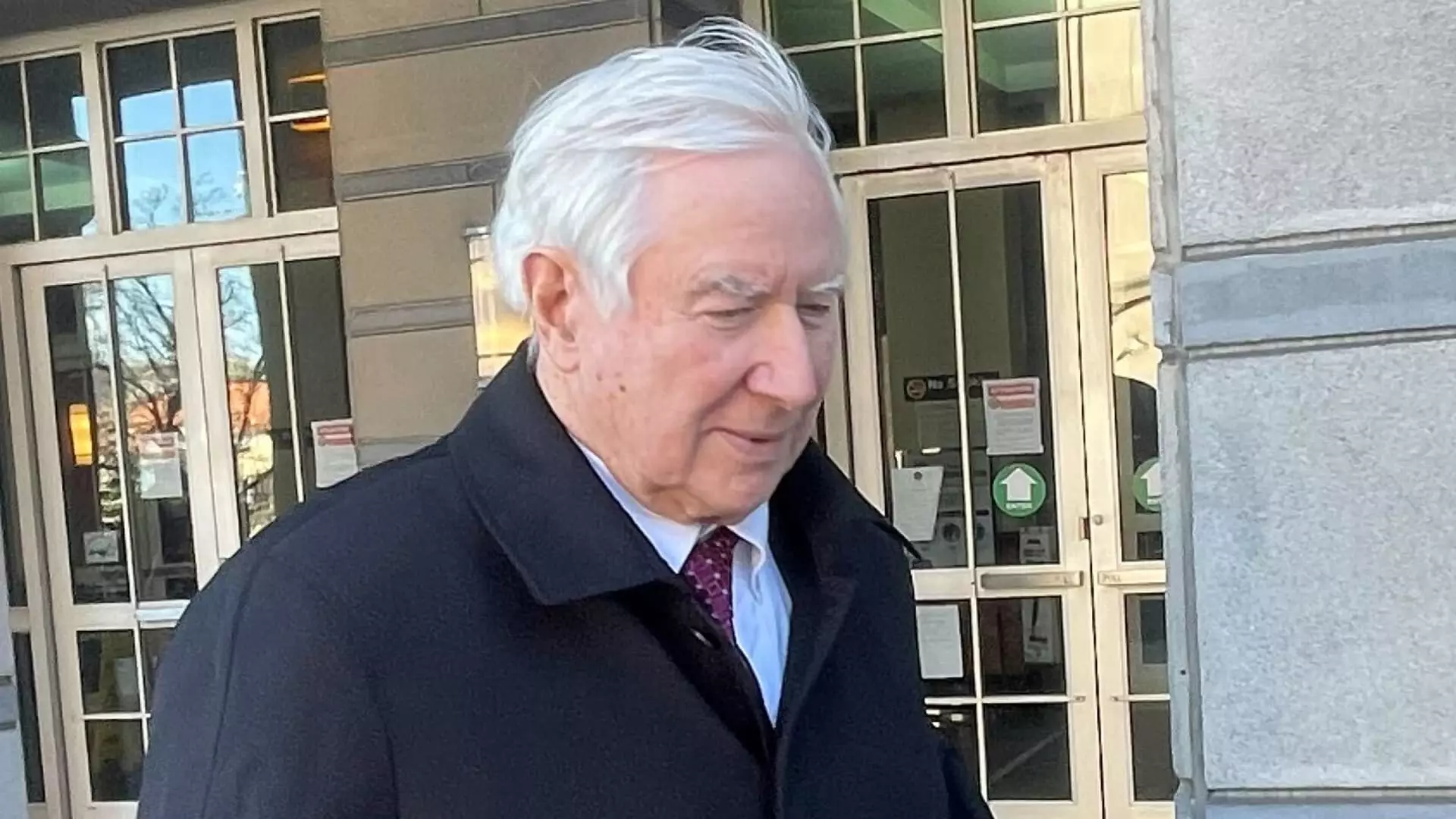In a striking case of securities fraud, a father-son duo from New Jersey has been implicated in a significant scheme to manipulate stock prices, focusing on a modest deli with a perplexingly high market valuation. Peter Coker Sr. and his son, Peter Coker Jr., have pleaded guilty to orchestrating a complex operation that inflated the stock of Hometown International, even as the deli itself struggled to turn a profit. This case provides a sobering glimpse into how greed and deception can intertwine to create a facade of corporate success.
The core of the Cokers’ scheme revolved around artificially inflating the stock price of Hometown International, a company whose only tangible asset was the Your Hometown Deli located in Paulsboro, New Jersey. Between 2014 and September 2022, the defendants engaged in coordinated trading activities that misled investors into believing there was a robust demand for Hometown’s shares, resulting in a staggering increase of over 900%. At the same time, shares of another entity, formerly known as E-Waste, experienced an astronomical rise of nearly 20,000%. Such drastic price fluctuations raise questions about the integrity of the Over-The-Counter (OTC) marketplace, where these trades occurred.
The Cokers, alongside James Patten—who also pleaded guilty to related charges—strategically maneuvered to control both companies with the underlying intent of facilitating reverse mergers with private firms. By taking charge of the management and shares of Hometown and E-Waste, the trio aimed to exploit investor trust in what appeared to be burgeoning enterprises. The underlying reality, however, revealed a deeply flawed business model focused on manipulation rather than genuine economic growth.
As this case progresses through the legal system, the Cokers face a maximum sentence of up to 20 years in prison. Coker Sr., 82, remains free on bond, with sentencing scheduled for May 13, while his son, Coker Jr., has been held without bail since his extradition from Thailand earlier this year, facing sentencing on April 2. Both men’s futures hang in the balance, emblematic of the serious repercussions that accompany white-collar crime, including a tarnished reputation and the potential for significant prison time.
The Cokers’ case is not merely a local scandal but reflects broader issues within financial markets—the ease with which individuals can manipulate stock prices and the substantial risks posed to unsuspecting investors. The inflated valuations of companies with inadequate underlying business performance highlight systemic vulnerabilities in financial oversight. As regulators and law enforcement address these types of offenses, the need for heightened scrutiny and transparent trading practices has never been clearer.
This brewing scandal is still unfolding, offering a cautionary tale for investors and a reminder of the importance of due diligence in the ever-complex world of stock trading.

